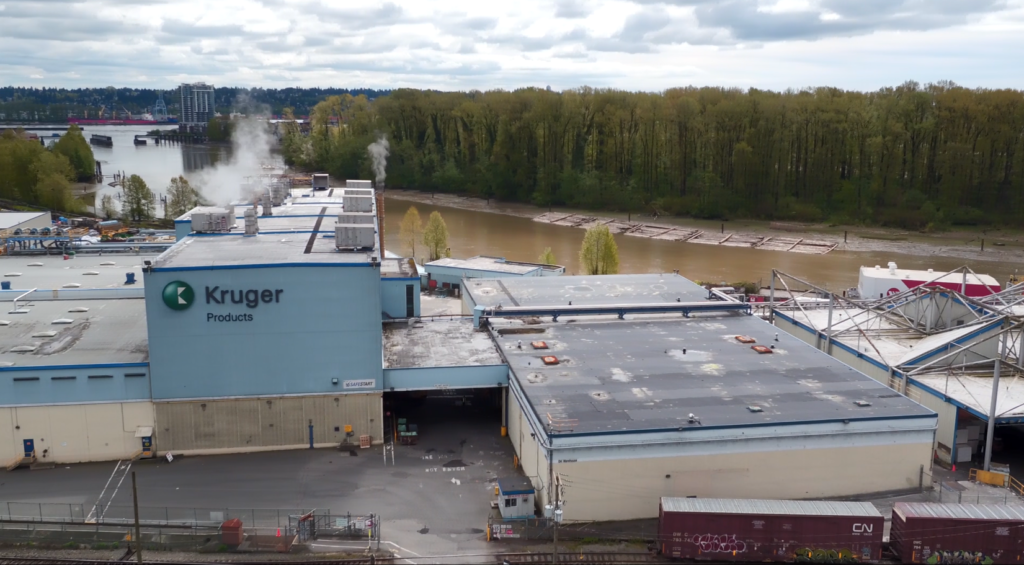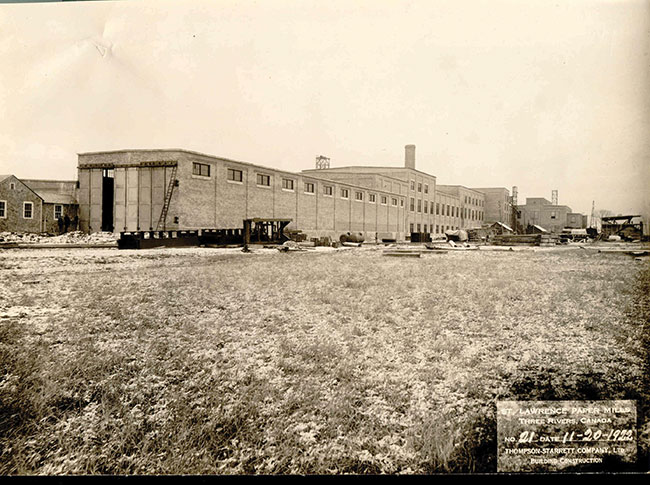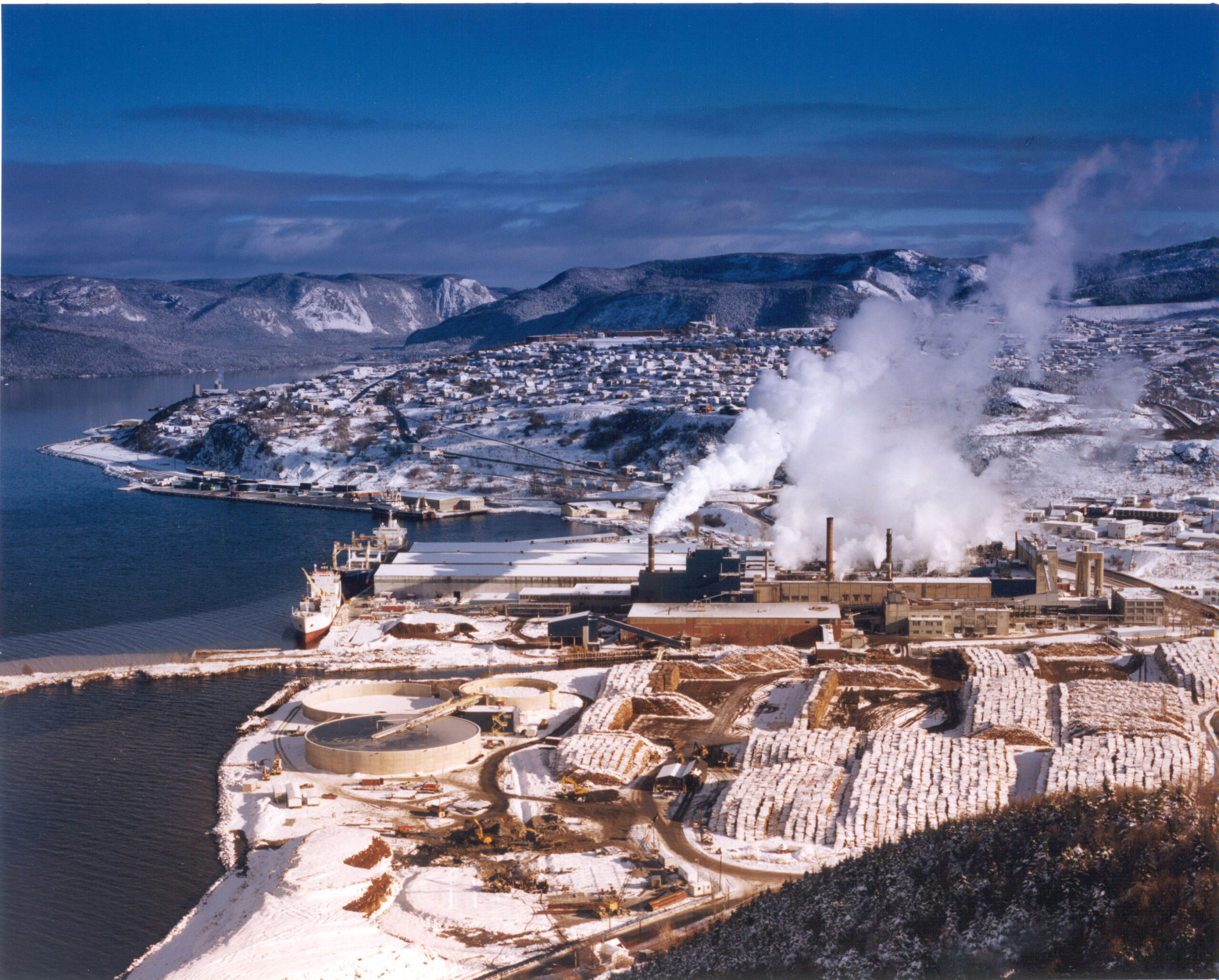
Features
Paper
Pulp
Tissue
Tales of transition: Kruger’s story
May 15, 2023 By Sukanya Ray Ghosh
 Kruger's New Westminster mill in 2020 (Photo: Kruger)
Kruger's New Westminster mill in 2020 (Photo: Kruger) A major contributor to the Canadian economy, the pulp and paper industry has endured through years of drastic changes in the market. It was a leading global producer of newsprint paper once upon a time, as well as a major pulp producer. With the evolving times, Canadian mills have embraced the needs of the hour. Today, the focus is on pulp and paper alternatives to plastics, packaging products for the highly demanding e-commerce industry and adoption of sustainable practices.
In this special anniversary feature, five stakeholders of the Canadian pulp and paper industry share how they have evolved and their vision for the future.
This is Kruger’s story.
Kruger started as a paper distribution company in 1904. In 1950, the founder’s son Gene Kruger acquired the company’s first newsprint mill in Bromptonville, Québec, kick-starting a journey of acquisitions, expansions and growth. Many mills that Kruger acquired along the way have been in operation for 100 years or more. The Wayagamack mill was built in 1912 (acquired in 2001). The Crabtree mill, also nearly a century old, has been a part of Kruger since 1997. The Trois Rivieres mill was built in 1923 and became a part of Kruger in 1973.
François D’Amours, executive vice-president and COO at Kruger, explains that since the acquisitions, Kruger has invested heavily in them over the years, to modernize them, make them competitive, update product lines and adapt them to current market demand. The company has evolved from a publication paper company to a diversified company with nine distinct activity sectors.
D’Amours shares that the creative and courageous leadership of company chairman and CEO Joseph Kruger II has contributed heavily to the tremendous growth and expansion of the company in recent years. Acquiring the Scott Paper Canada assets in tissue was a bold move for Kruger as it ventured into a completely different area from publication papers. The 2008 recession, as well as the current one, accelerated Kruger’s transformation journey, prompting it to further diversify product lines.
Kruger believes in technology investments. The company invested in AI technology to improve operations and supply chain efficiency at its Sherbrooke facility. Kruger regrouped automation practices on its central engineering to address labour shortage challenges in its mills. The company is also implementing Robotic Process Automation for its clerical and administrative work to allow employees to focus on more value-added tasks.
Looking at future trends, D’Amours says that the industry is moving towards innovative alternatives to plastics. Kruger is well-positioned for this with its containerboard and specialty paper businesses. D’Amours adds that ESG is the next major trend for the industry. As a company, Kruger believes in being responsible to its stakeholders, its customers, its employees and the communities it serves.
“The Canadian industry is resilient. But, in order to be there tomorrow, we need to adapt. We need to transform. We have the fibre. We have good people and good resource centres. These are excellent tools for success. We need to continue to adopt the best technologies to keep innovating and transforming,” says D’Amours.
Print this page



